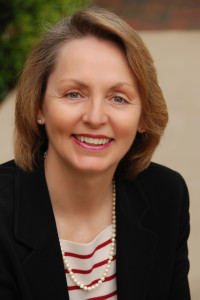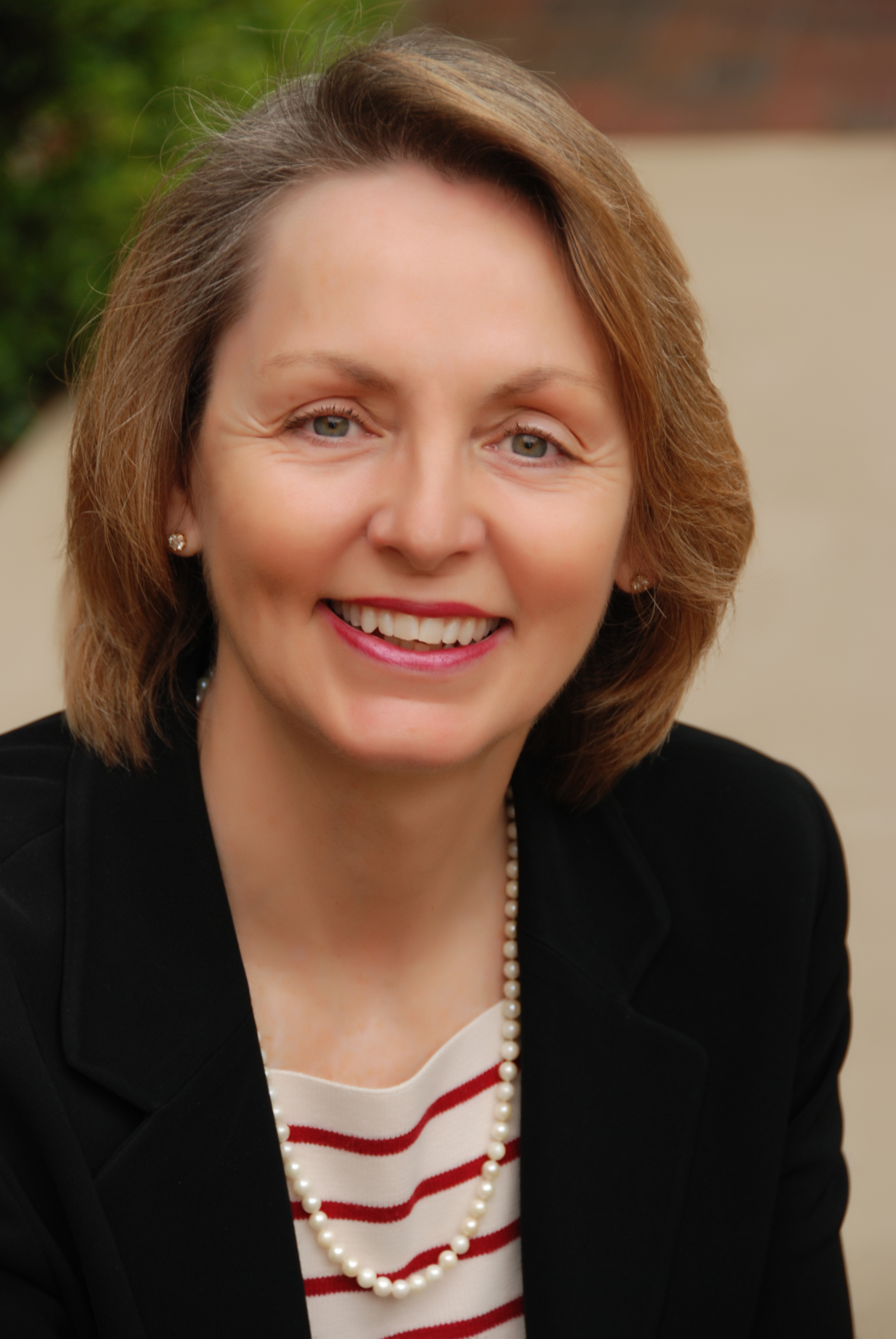By Andrea K. Citrin Gardner
At the annual WCA Banner Brunch on April 12, Jane Baxter Lynn, Principal at JBL Strategies will be honored with the Gene Barnwell Waugh Mentor Award which recognizes Austin-area communicators who have demonstrated a commitment to mentorship, positively impacting other communicators and the field of communication.
 Jane Baxter Lynn is a passionate advocate for sustainability, an experienced strategic planner, facilitator and communications specialist with over thirty years in public relations, marketing, and related fields. As Principal at JBL Strategies, a Central Texas-based strategic advisory business, Jane focuses on organizational management, positioning and messaging, as well as partnership and alliance building. Her mantra is clarity, consistency and relevance. She currently serves on a variety of boards.
Jane Baxter Lynn is a passionate advocate for sustainability, an experienced strategic planner, facilitator and communications specialist with over thirty years in public relations, marketing, and related fields. As Principal at JBL Strategies, a Central Texas-based strategic advisory business, Jane focuses on organizational management, positioning and messaging, as well as partnership and alliance building. Her mantra is clarity, consistency and relevance. She currently serves on a variety of boards.
WCA: What brought you to our organization and how has membership helped you?
Jane: As a 30-year communications veteran, I found other professional organizations were geared toward the less experienced communicators and we older ones were expected to do the giving – there wasn’t much to learn. Having attended an AWC Seattle luncheon, I was convinced to join by the highly professional group of women across a wide range of disciplines within the communications profession coupled with the fact that the organization appeared to provide a diversity of learning opportunities no matter where one was in their career path.
However, what clinched it for me was that they had a mentor program, which would enable me to share my experience and lessons learned, as well as provide me with mentoring support should I need it. When we moved to Austin in 2007, I immediately joined the group here and was blown away by the amazing members – highly professional, supportive and a lot of fun. The network helped me get established here and, over the years, I have turned many times to the group for professional support.
WCA: Why would you recommend joining and participating in WCA?
Jane: For the reasons I joined originally: WCA has members from all aspects of the communications profession, whereas the others tend to be targeted to a particular area. It’s an amazing group of highly professional and talented women and it’s a trusted network of professionals to whom I can turn for advice or do work for me. If I’m mentoring non-WCA people who are in the communications field, I always insist they join WCA. It’s such an important ‘tool’ for achieving their individual goals, especially if they’re changing careers or new to Austin.
WCA: As WCA’s Mentor Program Coordinator, why does being a mentor matter to you?
Jane: I truly believe that the smartest way to advance professionally is to identify mentors who can guide you and be available to you through the ups and downs. I’ve had many mentors at different stages of my career, some of whom have been with me throughout and I still look to them for guidance today. Some are professionals in my own field (communications), while others have business acumen or interpersonal skills experience that add value to my work. It can and should vary. I’ve used them to brainstorm career moves; discuss challenges at work, particularly in terms of staff management, and as focus group participants for creative programs I’ve worked on over the years.
WCA: How do you find time to balance your work, your personal life with mentoring others?
Jane: It’s about priorities. I’m at the stage in my career where I know what mentoring can do for a person and how much satisfaction it brings to me, so I guess for me mentoring is a priority – being able to potentially help someone change their life for the better is a very awesome feeling. You can make time for anything you truly believe in. As a mentor, of both students and professional members, I have found it incredibly rewarding, both personally and professionally.
WCA: You meet with students and professionals. Many of the students come from the WCA program, but how does a mentoring relationship with a professional happen?
Jane: On the professional side, if it doesn’t come from a direct request through the mentor program, it usually comes from a casual conversation which shows that the person would like to brainstorm, often when they are deciding to change career direction or want to change jobs. My WCA mentees have ranged from guiding someone through their application and interview process (she got the job!), working with someone to figure out what she wanted to do within the communications field and then identify opportunities with which to follow up, and others wanting to change their career paths.
WCA: How can you help them find a mentoring relationship that’s the right fit?
Jane: From the initial conversation, it is usually obvious what they need and, with our amazing network and my own, I’m able to connect her or him with an appropriate person. This is particularly true for my interns. With the new Meet the Mentor page on our website, I can now refer them to everyone’s bios and they can find a good fit there.
WCA: Today’s job market is tough. What’s your advice for a professional who is looking for work or to switch career-gears?
Jane: I believe that the most important step is to develop a clear statement of who you are, what you want to do and what you bring to the table – basically a positioning statement. To get to that point, you need to focus on what you’re looking to do. We have a tendency to be all over the place about what we want to do but we usually don’t allow ourselves to think about doing something different or approaching what we’re already doing in a different way. It can be as simple as defining what you want or you can even do a full strategic plan on yourself.
WCA: How do you help your mentees decide on and then implement strategies to meet their career goals?
Jane: Depending on the level of support that they need, I usually start with making them step back and I always have them address these three questions:
- In an ideal world with no barriers to achievement what would you like to do? No editing allowed!
- What three key strengths do you have that might enable you to achieve this ideal world?
- What are the challenges, barriers or constraints preventing you from achieving the ideal world scenario? It might be family commitments, financial considerations or whatever.
Once they figure out what they want to do, we develop an action plan/timeline. They devise a descriptive paragraph about what they want to do so that they can get support from a variety of sources.
WCA: How does an older WCA member look for a career change best utilize the mentoring program tools?
Jane: That’s the beauty of this program. Everyone’s basically a mentor, with different levels of experience, so it is open to everyone. Last year I had a few mentees of the level you describe – wanting to review where they were at and where they wanted to go. We worked through the questions I mentioned and it helped get them focused. Even at my stage of career, I look to my fellow WCA mentors for guidance. The technique depends on who is working with them but we still use the base questions as our guideline.
WCA: Is there anything else you’d like to share?
Jane: Whatever level of mentor you become, you’ll probably want to do more, especially when you receive notes like I did from a mentee of mine when he got his new job – “Thank you very much for your help earlier this year. I am positive that I wouldn’t have landed this (job) without your help crafting my elevator speech, resume, and your great advice over coffee.”
Don’t miss your chance to congratulate Jane at the April 12, 2013 Banner Brunch. Buy tickets and learn more at www.bannerbrunch.com.
- Get to know our June speaker, Adam Levy - June 17, 2014
- Ask a Mentor: How Do You Get Around A Weakness? - June 8, 2014
- Summer Reading Recommendations - May 30, 2014

